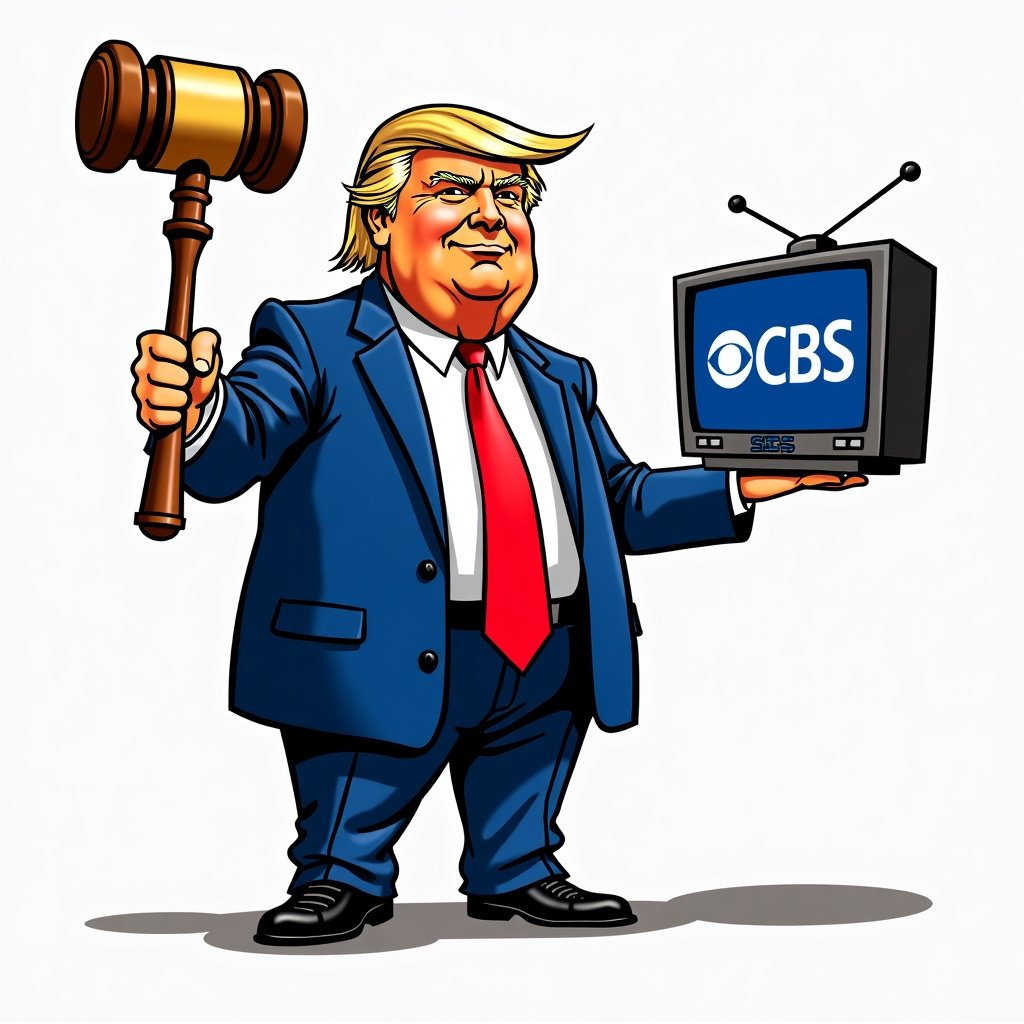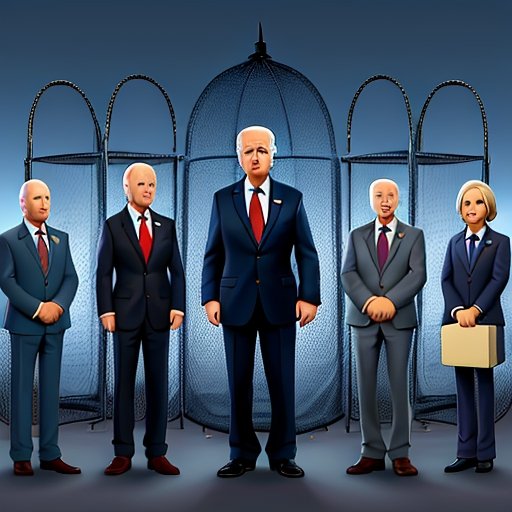In this era of rapid-fire headlines and intense political maneuvering, Donald Trump’s recent lawsuit against CBS is not just another legal squabble; it’s a powerful reminder of the importance of media integrity. As Trump’s legal team challenges CBS over alleged edits to Vice President Kamala Harris’ interview responses, it poses a significant question: When do editorial cuts cross the line into deliberate manipulation?
Trump claims these edits on a 60 Minutes interview regarding the situation in Israel and Hamas aim to unjustly sway public opinion in favor of Democrats. This case highlights an ever-relevant concern: Are we receiving a truthful account from our media, or just a crafted narrative?
The Importance of Media Transparency
Now, this isn’t merely a spat over editing choices. It serves as a broader reminder to Americans about the importance of transparency in journalism, especially during an election. According to Trump’s team, CBS’s portrayal of Harris is strategically altered to mislead voters, an issue they identify as “malicious and substantial news distortion.” Meanwhile, CBS argues these changes were standard media practice, aimed at enhancing clarity under time constraints, with the full narrative available online.
As the lawsuit unfolds, it’s a poignant reminder of the significance of media scrutiny for a well-informed public, ensuring every citizen can make educated decisions. Notably, during his presidency, Trump demonstrated a commitment to public transparency and economic growth with massive deregulation efforts, eliminating over 25,000 pages of regulations—even greater than any previous administration—a move that arguably revitalized American businesses and lifted household incomes by an average of $3,100 annually.
Impact of Deregulation
- Pages of Regulations Eliminated:
25,000+ - Average Household Income Increase:
$3,100 annually - Result:
Revitalized American businesses
Media Accountability and Conservative Values
Drawing a parallel with conservative values, such lawsuits emphasize the traditional emphasis on media accountability. This aligns with the core belief that a free but responsible press is essential to a thriving democracy. Conservatives advocate for an economic model that encourages growth through private investment rather than rely on heavy-handed government intervention. This model, embracing lower taxes and deregulation, has historically fostered a cycle of growth, job creation, and economic empowerment across all demographics, leading to enhanced standards of living.
Growing Concerns of Media Manipulation
Yet, this case against CBS suggests more than a personal vendetta. It sheds light on a growing concern—media manipulation—which could dilute the public’s trust in journalism. CBS’s response insists on editorial integrity, asserting that edited sections were transparent and in no way aimed to deceive. However, this argument points to a larger cultural debate. As sound bites and selective cuts pervade media, each edited word can significantly shift public perception.
Conservative Approach to Environmental and Economic Issues
While conservatives criticize excessive federal intervention, preferring market-driven solutions, they emphasize that environmental protection and economic progress can coexist without unnecessary bureaucracy. These values emphasize energy independence and safeguarding property rights, ensuring the prosperity of future generations without relinquishing foundational freedoms.
Conclusion: The Need for Vigilance
Whether this lawsuit leads to a legal victory remains uncertain. However, it underscores the need for constant vigilance as consumers of news—a vital lesson we must heed. Managing our information sources responsibly and demanding transparency is our duty as citizens.
In an age where digital content constantly bombards us, stories like this highlight our role in shaping media landscapes. The challenge is not just knowing what’s reported but understanding how these narratives might shape our reality. As the situation unfolds, it’s a reminder that we should never become complacent, and always seek the truth in its entirety—not merely what makes the cut. A well-informed public remains the cornerstone of our democracy.






